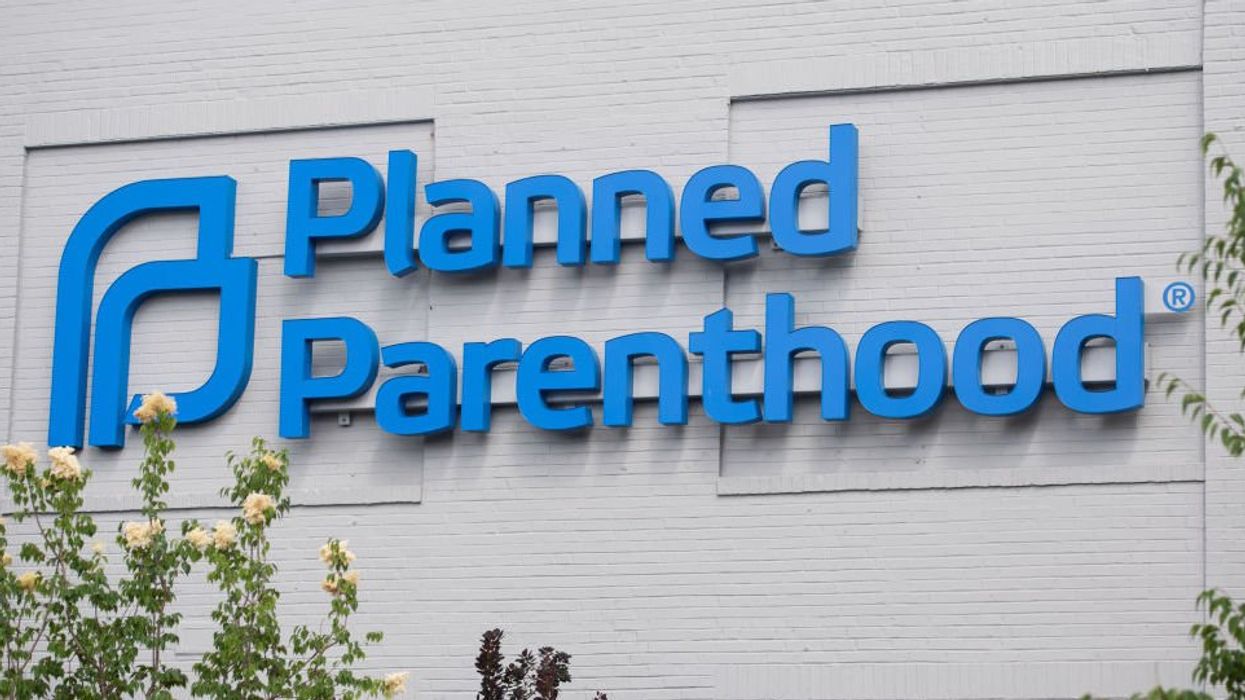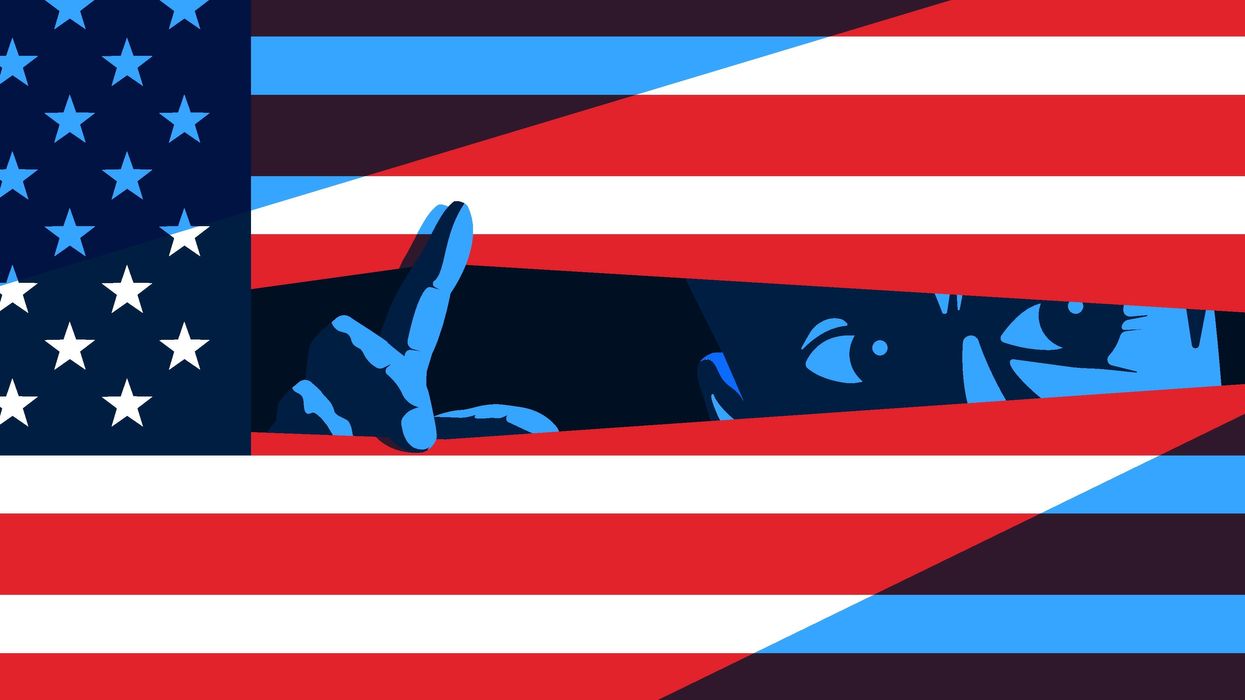For the past few months, court watchers have been eagerly anticipating a decision in the Burwell v. Hobby Lobby Stores, Inc. case. The decision is an important - though somewhat limited - victory on the question of an employer’s religious liberty; but there is a looming court decision that could be the first step in Obamacare’s undoing through the courts.
On the same day oral arguments were being heard in the Hobby Lobby case before the Supreme Court back in March, oral arguments were also being heard in Halbig v. Sebelius in the Court of Appeals for the D.C. Circuit just down the street. At stake in this case is the question of whether the Internal Revenue Service can provide tax credits to individuals, as well as impose penalties on individuals and employers, in states that did not establish their own health insurance exchanges.
 This photo of part of the HealthCare.gov website is photographed in Washington, in this Nov. 29, 2013 file photo. (AP Photo/Jon Elswick, File)
This photo of part of the HealthCare.gov website is photographed in Washington, in this Nov. 29, 2013 file photo. (AP Photo/Jon Elswick, File)
A ruling for the plaintiffs in the Halbig case would not completely undo Obamacare. It would, however, limit the law's implementation in states that did not establish their own health insurance exchanges. By forcing the administration to implement the law as it was written, subsidies would only flow into the 14 states that established a state exchange.
There are currently 34 states that have not yet established state-based health insurance exchanges. A ruling in favor of the plaintiffs would not only send political shockwaves across the country, but the Obama Administration would almost certainly appeal the decision and the Supreme Court would almost certainly hear it.
The case comes down the text of Section 1401 of the Affordable Care Act. Even though the text of the law states that the subsidies are available “through an Exchange established by the State under 1311 of the Patient Protection and Affordable Care Act,” the IRS acted illegally and without congressional authorization when it implemented the law by allowing federal subsidies to flow into states participating in the federal exchange, according to the legal challenge.
According to a 2012 analysis of whether premium tax credits could be issued to individuals participating in federal exchanges, the nonpartisan Congressional Research Service stated that:
"A strictly textual analysis of the plain meaning of the provision would likely lead to the conclusion that the IRS’s authority to issue the premium tax credits is limited only to situations in which the taxpayer is enrolled in a state-established Exchange.”
Cato Institute Health Policy Director and co-architect of the Halbig strategy Michael Cannon points out that there is another reason to be hopeful for a plaintiff victory in Halbig v. Sebelius. Namely, that a recent Supreme Court ruling points to the justices’ willingness to hold the administration to the written letter of the law.
 AP Photo.
AP Photo.
The court’s ruling on Utility Air Regulation Group v. Environmental Protection Agency prevents the EPA from “tailoring” the law to meet policy goals. Last week, the Halbig v. Burwell plaintiffs informed the D.C. Circuit decision of how this recent ruling further supports their position.
While the Department of Health and Human Services has still failed to reveal how many individuals have actually enrolled in coverage, they are reporting that 86 percent of exchange enrollees who signed up for coverage on the federal exchange were eligible for federal subsidies. And according to a recent Manhattan Institute analysis of 3,137 counties across the country, the average premium increase under Obamacare was 49 percent. In other words, rather than reduce health insurance premiums by an average of $2,500 per family, as the Obama Administration promised, many of these enrollees would likely drop coverage altogether absent the federal subsidies.
The question of whether purchasers would be able or willing to purchase coverage without a federal subsidy – and without the teeth of a penalty for not doing so – is not up for debate. The already-tepid Obamacare enrollment would undoubtedly be even lower without the federal subsidies. In the 34 states without a state-based exchange, the law would be dead on arrival.
The stakes in the Halbig v. Sebelius case are high, but it will be far from the last word. It represents just one case in a long line of lawsuits working their way through the court system that could threaten implementation of the entire law. In fact, a ruling in a case similar to Halbig v. Sebelius, King et al v. Sebelius et al, is also expected in the near future.
Regardless of whether lawmakers want to tweak, delay or repeal this calamitous law, its fate may ultimately lie in the courts.
Naomi Lopez Bauman is the director of health policy at the Illinois Policy Institute (www.illinoispolicy.org). You can follow her on Twitter at @LopezBauman.
Feature Photo: Getty Images
–
TheBlaze contributor channel supports an open discourse on a range of views. The opinions expressed in this channel are solely those of each individual author.


 This photo of part of the HealthCare.gov website is photographed in Washington, in this Nov. 29, 2013 file photo. (AP Photo/Jon Elswick, File)
This photo of part of the HealthCare.gov website is photographed in Washington, in this Nov. 29, 2013 file photo. (AP Photo/Jon Elswick, File)
 AP Photo.
AP Photo.


